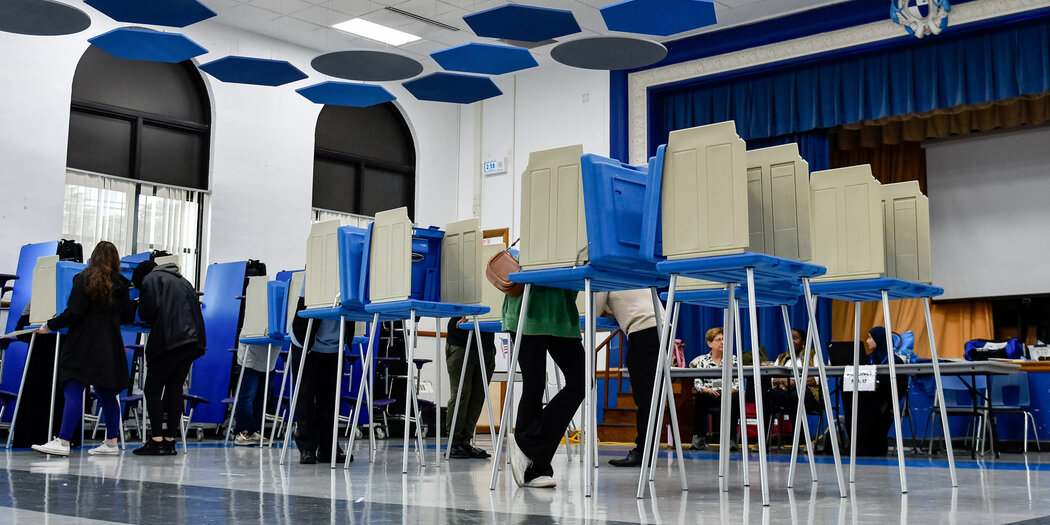View the entire Federal Attacks on the Freedom to Vote collection
This year marks the return of the SAVE Act, a controversial piece of legislation reintroduced by House Republicans. The bill, which mandates that every U.S. citizen provide documentary proof of citizenship to register or re-register to vote, was previously passed in the House but stalled in the Senate. With a Republican majority now in control, the bill has been prioritized, despite concerns that it could disenfranchise millions of voters and add unnecessary burdens to election processes.
Potential Impact on Voter Registration
Under current federal and state laws, only U.S. citizens are allowed to vote in elections, and the National Voter Registration Act already requires individuals to confirm their citizenship when registering. The SAVE Act, however, would necessitate that voters prove their citizenship each time they register, adding an extra layer of verification that could pose significant challenges.
Many Americans may find it difficult to comply with the requirements of the SAVE Act. According to the Brennan Center for Justice, over 21 million U.S. citizens of voting age lack the necessary documentation to prove citizenship readily. Moreover, statistics show that less than half of American adults possess a valid passport, and numerous individuals do not have a paper copy of their birth certificate.
Disproportionate Effects on Certain Groups
The SAVE Act could disproportionately affect specific demographics. Older Americans, Black citizens, and those with lower incomes may be less likely to have the required documents. Additionally, individuals who have changed their names, such as married women, might struggle to provide documentation that matches their current names.
Past implementations of similar requirements in states like Arizona and Kansas resulted in tens of thousands of eligible voters being blocked from registering. According to reports, tribal residents, college students, and unhoused voters in Arizona faced significant challenges, while younger and unaffiliated voters in Kansas were most affected.
Administrative Challenges and Legal Risks
The SAVE Act also presents administrative difficulties. In Arizona, a glitch in the voter database affected 200,000 voters, questioning their eligibility before the 2024 elections. Such issues highlight the potential complications and errors that could arise from enforcing proof-of-citizenship requirements.
Moreover, the bill places onerous responsibilities on election officials, who could face criminal or civil liabilities for registration errors. This pressure might lead to a cautious approach, where officials deny legitimate registration applications to avoid penalties.
Concerns Over Voter Roll Purges
The SAVE Act mandates voter roll purges, which could inadvertently remove eligible voters. Without adequate safeguards, individuals may not be informed of their removal, discovering it only when attempting to vote. Recent purge attempts in states like Alabama and Virginia have mistakenly included thousands of eligible voters.
Conclusion
Despite claims that the SAVE Act addresses non-citizen voting, evidence suggests such occurrences are extremely rare, with federal and state investigations consistently finding that only citizens vote in elections. Critics argue that the SAVE Act, driven by unfounded conspiracy theories, risks disenfranchising millions of eligible voters and complicating election administration, rather than addressing genuine electoral challenges.






